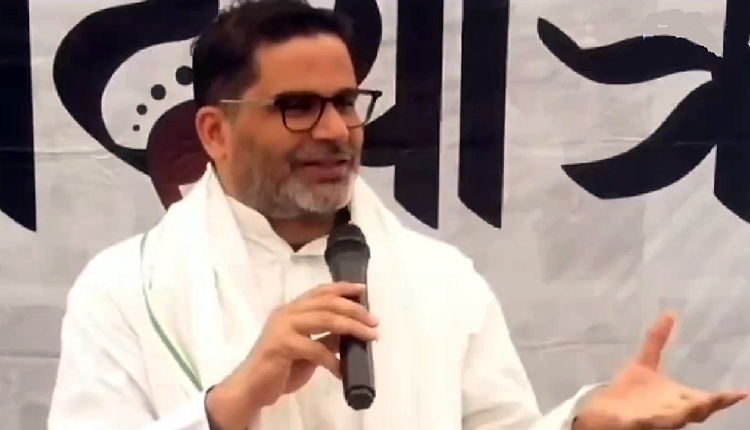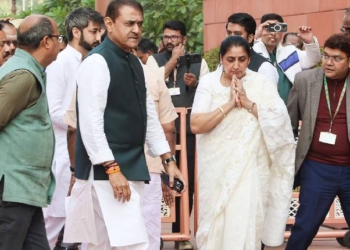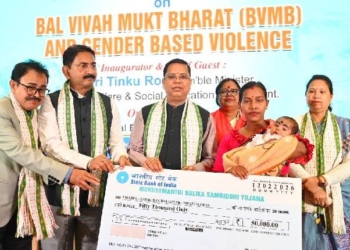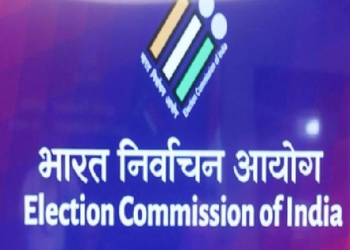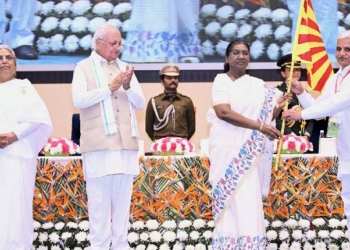Patna: Jan Suraj Campaign chief Prashant Kishor on Wednesday highlighted the health issues faced by women in Bihar, particularly focusing on their ‘low haemoglobin and calcium levels’.
He noted that due to these deficiencies, women often experience physical problems such as bending by the age of 55 to 60 years. Kishor attributed these health problems to the widespread poverty in rural areas.
Kishor targeted political leaders from various parties for their superficial approach to addressing poverty. He argued that providing four kilograms of food grains is an inadequate measure and fails to address the underlying issues of malnutrition and poor health among impoverished populations.
“Today, we have hardly seen any woman above 55-60 years of age in Bihar who is not bent from above. You may not have paid attention to this subject. We have studied that the deficiency of haemoglobin and calcium in women is so much that their body starts bending earlier than men,” Kishor said.
“You will hardly see a woman taller than five feet five inches in the village. Why are we putting so much emphasis on height? It is not that the short one is less intelligent or less smart. Studies done around the world show a correlation between height and lifelong earnings. This is a big problem, but here people are selling their votes for just four kilos of grains,” he stated.
He made a fervent appeal to the people to prioritize education, saying, “Take a pledge today that you may eat less but will educate your children. No leader will tell you to educate your children. The leader wants your child to remain illiterate so that you keep making him king by voting in the need of four kg food grains, khichdi and naali-gali (drain-lane). There is only one way out of poverty – educate your children. If you are very poor and have four children, you cannot educate all of them, then educate one. If even one gets educated, he will pull the whole family up, otherwise, you will have to beg for four kilos of grains throughout your life.”
Kishor assured them of future support, saying, “Take this pledge and do not worry, next year we will make such arrangements that your children will not have to go out for studies and employment.”
(IANS)




